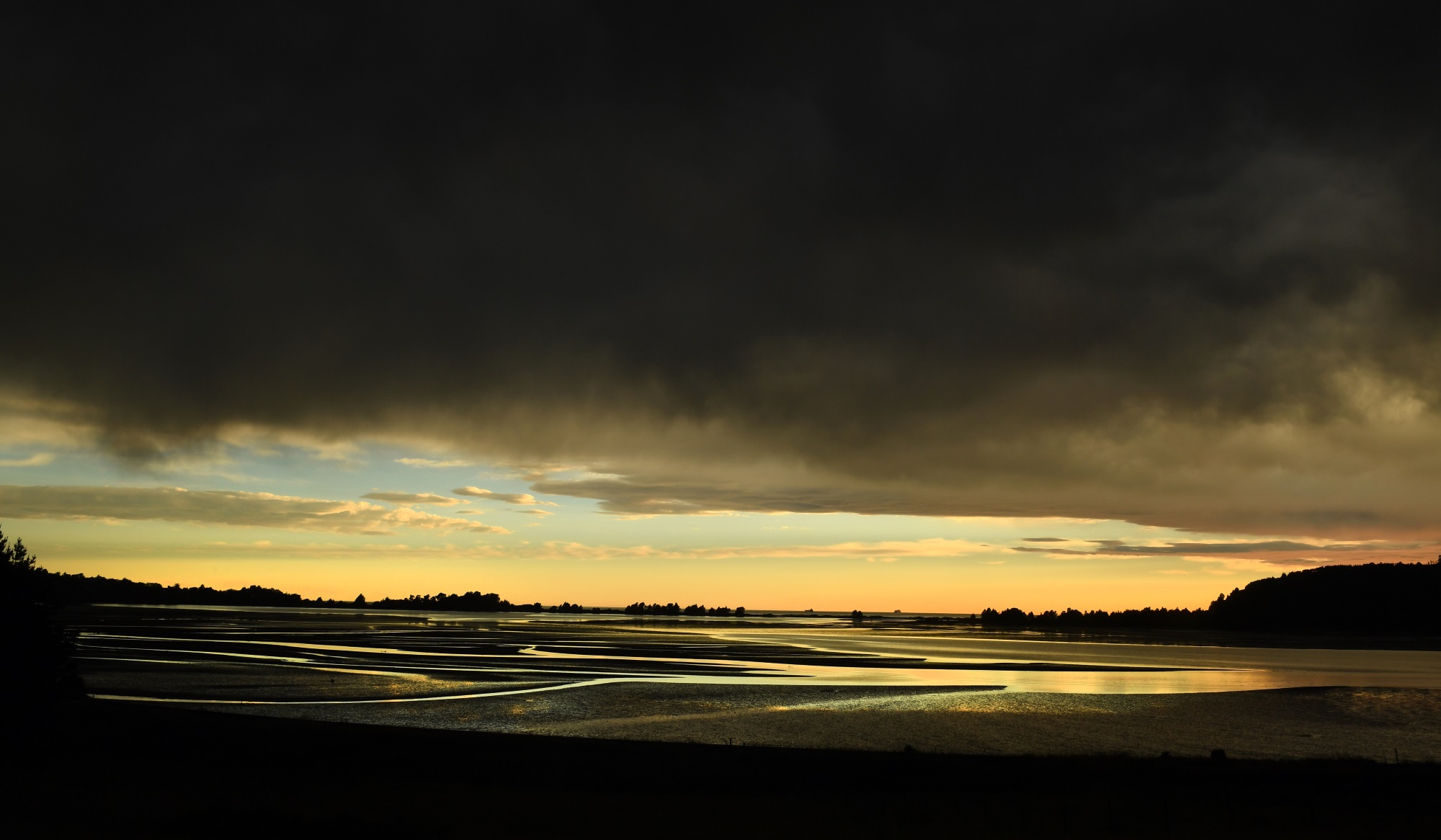Lifestyle
Advocating for Affordable Public Housing in Dunedin’s Blueskin Bay

The housing crisis in Dunedin’s Blueskin Bay has drawn urgent attention as advocates call for affordable public housing solutions. A recent investigation revealed that there is no state housing available in the area, with Kainga Ora confirming that between Purakaunui and Waikouaiti, there are no state houses. This absence highlights a troubling trend: without any state housing, there is no waiting list, leading to a lack of government plans for new developments.
The implications of this situation are profound. Individuals, particularly older residents who have lived in the area for decades, are forced to leave their communities or face soaring rental costs. The systemic failure of Kainga Ora to address housing needs is underscored by its current asset sales program, which critics argue is worsening the housing crisis across Dunedin. This initiative appears to be motivated by governmental budget preferences, driven by a report authored by former Finance Minister Bill English. This report employs terms like “social investment” and “choice,” which many perceive as veiled references to privatization and profit-driven development.
On its Urban Development and Delivery website, the government boasts that taxpayers have funded improvements in land and infrastructure. Yet, the lack of guarantees for affordable housing from private developers raises concerns about the future of public land. The situation is evident across the region, with properties for sale in Invercargill, Balclutha, and Port Chalmers, where land promised for state housing is now up for grabs.
Community Response and Broader Movement
Local campaigns, such as the one in Port Chalmers, play a crucial role in advocating for secure and affordable rental housing in Dunedin. This grassroots effort is part of a larger nationwide movement aimed at protecting state housing and housing security in Aotearoa. A collaborative report, titled “A People’s Review of Kainga Ora: In Defence of Public Housing,” has emerged as a powerful counter-narrative to government policies. This document, created by researchers, advocates, and frontline workers, emphasizes that public housing is essential for providing decent, stable, and genuinely affordable homes.
The report highlights a significant gap between government policies and the realities faced by households. It argues that the true waiting list for affordable housing extends beyond official figures, encompassing families who rely on accommodation supplements to afford private rents. Reports indicate a sharp rise in households receiving maximum accommodation allowances due to high housing costs, with nearly half of recipients qualifying for the maximum payment.
Future Directions for Housing Policy
The report’s findings challenge the government’s narrow focus on Kainga Ora as simply a landlord rather than a builder. The private market has failed to deliver adequate housing solutions, underscoring the necessity for a stronger state role in both ownership and provision. When the government sells land in state housing neighborhoods to private developers, it contributes to gentrification, resulting in a permanent loss of public land.
The situation in Blueskin Bay illustrates a system that neglects genuine housing needs, while the Port Chalmers campaign emphasizes the need for immediate action. Engaging with local communities, challenging asset sales, and amplifying alternative evidence are essential strategies for advocates. Supporting local campaigns, such as those in Port Chalmers, is vital for securing affordable public housing.
Finally, it is imperative for the government to shift its focus towards building new state homes rather than merely managing a dwindling portfolio. The future of communities in Dunedin and beyond hinges on defending public land and affirming that housing is a fundamental right, not a commodity.
Metiria Stanton Turei, a senior law lecturer at the University of Otago and former Green Party MP, emphasizes that the erosion of public housing is not inevitable but a conscious policy choice that must be addressed.
-

 World3 months ago
World3 months agoTest Your Knowledge: Take the Herald’s Afternoon Quiz Today
-

 Sports3 months ago
Sports3 months agoPM Faces Backlash from Fans During Netball Trophy Ceremony
-

 Lifestyle3 months ago
Lifestyle3 months agoDunedin Designers Win Top Award at Hokonui Fashion Event
-

 Sports3 months ago
Sports3 months agoLiam Lawson Launches New Era for Racing Bulls with Strong Start
-

 Lifestyle3 months ago
Lifestyle3 months agoDisney Fan Reveals Dress Code Tips for Park Visitors
-

 World4 months ago
World4 months agoCoalition Forms to Preserve Māori Wards in Hawke’s Bay
-

 Health3 months ago
Health3 months agoWalking Faster Offers Major Health Benefits for Older Adults
-

 Politics3 months ago
Politics3 months agoScots Rally with Humor and Music to Protest Trump’s Visit
-

 Top Stories4 months ago
Top Stories4 months agoUK and India Finalize Trade Deal to Boost Economic Ties
-

 Entertainment3 months ago
Entertainment3 months agoExperience the Excitement of ‘Chief of War’ in Oʻahu
-

 World4 months ago
World4 months agoHuntly Begins Water Pipe Flushing to Resolve Brown Water Issue
-

 Science4 months ago
Science4 months agoNew Interactive Map Reveals Wairarapa Valley’s Geological Secrets









